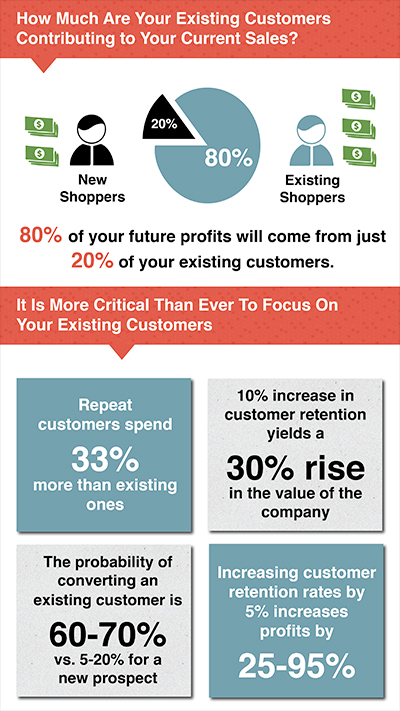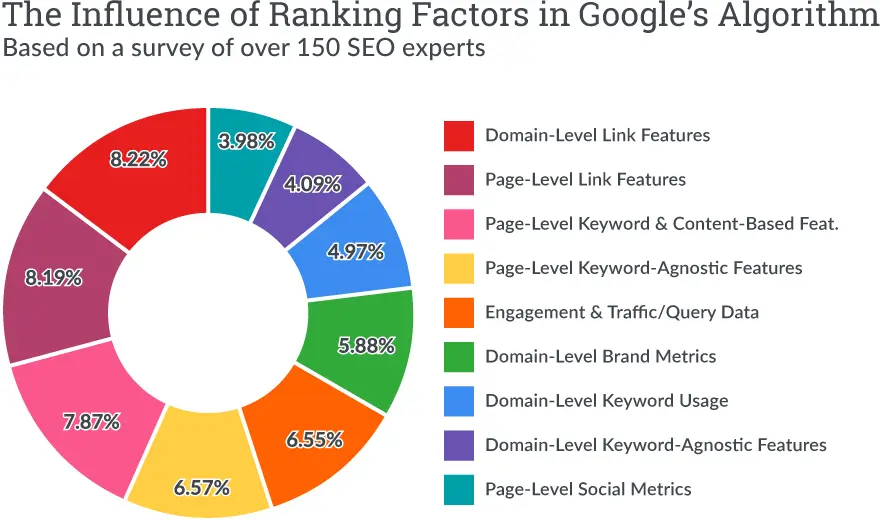Your company is only as strong as your supplier-distributor relationships.
Cultivating positive relationships between suppliers and distributors helps you take inventory of their far-reaching impact and whether performance is successful or needs improvement. In fact, 40% of businesses use daily performance as the leading indicator of supply chain success. By nurturing these relationships, you can ensure success and boost sales growth and revenue.
Key Takeaways
- Positive supplier-distributor relationships can give you a competitive advantage and allow you to build loyal customer relationships.
- Today’s B2B buyers expect a positive experience that meets their unique needs.
- Improve supplier-distributor relationships through website maintenance, written agreements, and on-time payments.
Why are Supplier-Distributor Relationships Important?
Suppliers are like allies for your business. When they have a vested interest in your company and want you to succeed, they’ll go above and beyond to help you reach your goals. This can result in countless benefits, including:
- Lower costs: Suppliers may provide loyal distributors with high-volume discounts and special offers.
- Speedy shipments: A solid relationship can help put you at the top of the priority list when it comes to satisfying your own customers.
- Quick customer service response: If you encounter a problem, you’re more likely to receive timely helpful support.
- Tailored experiences: The more your supplier comes to know and understand your business, the more they can provide you with custom offerings to better meet your needs.
- Higher satisfaction ratings: When a supplier is willing to work with you on special requests or quick turnaround, you’re able to deliver a better customer experience. This increases customer loyalty and continues the cycle of success.
Strong supplier-distributor relationships give you a competitive advantage. You’re able to deliver a better customer experience, which boosts customer loyalty and repeat business. This also leads to higher word-of-mouth referrals and drives website traffic. Broadening your reach and attracting new customers to your business is an important element of your brand marketing. It helps to solidify your position as a front-of-mind solution for your customers and increases overall conversion rates.

By nurturing your supplier-distributor relationships, you set yourself apart from your competitors and build a business model that delivers positive results. Not only are you able to better meet your customers’ needs, but you’re also able to build lasting relationships that keep your business going.
Today’s B2B Expectations are Different
There was a time B2B buyers were simply looking for quality products and services at low prices. Today, they want more than that – they want a positive experience that meets their unique needs and solves their problems. The internet plays a major role in this shift, as people now have access to limitless information and knowledge at the touch of a button. Buyers can seek out possible solutions and do their own research to determine which option is the best for their particular circumstances.
As a result, relationship-building is now more important than ever before. People want to work with brands they can trust. In fact, 46% of people would buy more from a company they trust, that understands their needs and can recommend relevant and useful solutions. By nurturing supplier-distributor relationships, you can exceed today’s consumer expectations and deliver a mutually beneficial experience.
The following video goes into further detail about why trust is important to the success of your business:
Source: TEDx Talks on YouTube
Boost Supplier-Distributor Relationships with These 3 Keys
Here are three ways to strengthen your supplier-distributor relationships for higher success rates and continual growth.
1. Update Your Website
Whether people buy online or in person, they likely visit your website first to learn more about your company and products. For this reason, your site needs to be intuitive and easy to use – visitors should be able to find information quickly and easily. You also must ensure to have current and accurate information on your website. If product details don’t align with what’s listed on other sites, people will be confused, and you’ll likely lose the trust of potential customers.
Use the following website must-haves to update your website:
- Use relevant keywords to help people find your content.
- Post useful information that answers questions and alleviates concerns.
- Publish your contact information so prospects can easily reach out with specific issues.
- Incorporate bold, contrasting call-to-action buttons and help guide visitors to their next steps.

Today, 92% of people worldwide access the internet from a mobile device. Make sure your website is mobile-friendly, meaning large photos are embedded to reduce load time and content is scalable to appear correctly regardless of screen size.
Having an easily navigable website that delivers accurate information assures suppliers they can expect a positive experience when working with your brand.
2. Create a Written Agreement
To ensure a healthy, lasting supplier-distributor relationship, set and manage expectations. This can best be accomplished through a written agreement that clearly outlines:
- Product line and pricing
- Responsibilities
- Delivery terms
- Payment conditions
- Agreement period
Whether through a legal contract or a written agreement, discussing these details upfront ensures both parties know what is expected of them and can plan accordingly. It also helps to minimize confusion, reduce misunderstandings, and avoid friction and conflicts. Written agreements help keep everyone on the same page for smooth transactions and positive experiences.
3. Pay on Time
One of the quickest ways to jeopardize a relationship is through financial instability. Reliability and trustworthiness play a vital role in supplier-distributor relationships. As a result, it’s imperative that you maintain your credibility and dependability through on-time payments. When you’re late on a payment, it creates a ripple effect with negative consequences. It may impact the supplier’s ability to pay for their materials and put them in a bind with their vendors. You could also be costing them late fees or worse, damaging their relationships in the long run. This may force them to stop rewarding you with discounts or superior service that prioritizes your needs over their other distributors. After all, they’re more likely to cater to their partners who pay on time.
Stay in their good graces and strengthen your supplier-distributor relationships with timely payments. If a late payment is out of the norm, they may be more willing to overlook an occasional misstep or be willing to work with you if times are tough.
Strengthen your Supplier-Distributor Relationships
Shanahan Strategy follows trends in marketing for B2B companies. Our industry experts help industrial companies develop effective marketing strategies, including content marketing, to help connect you with your audience and boost conversions.
Contact Shanahan Strategy today to learn how we can help strengthen your supplier-distributor relationships.

